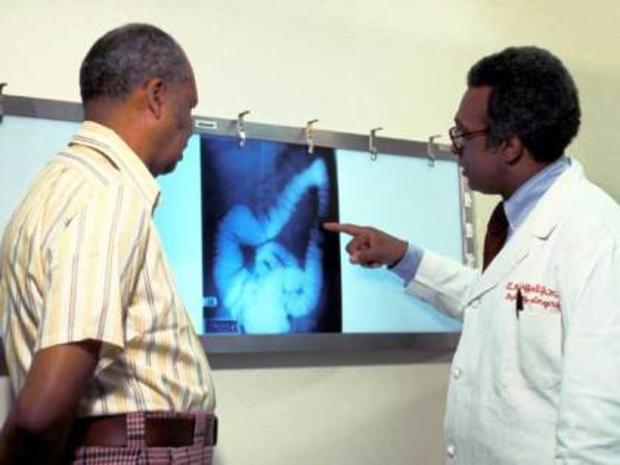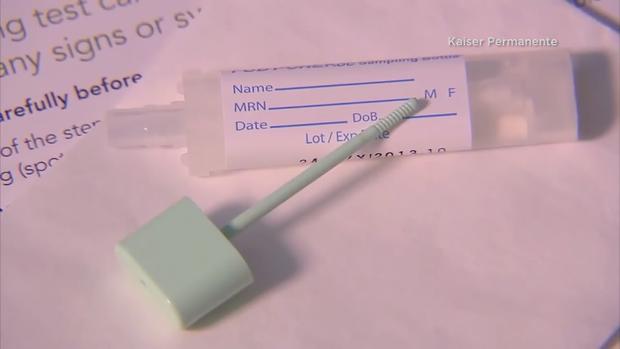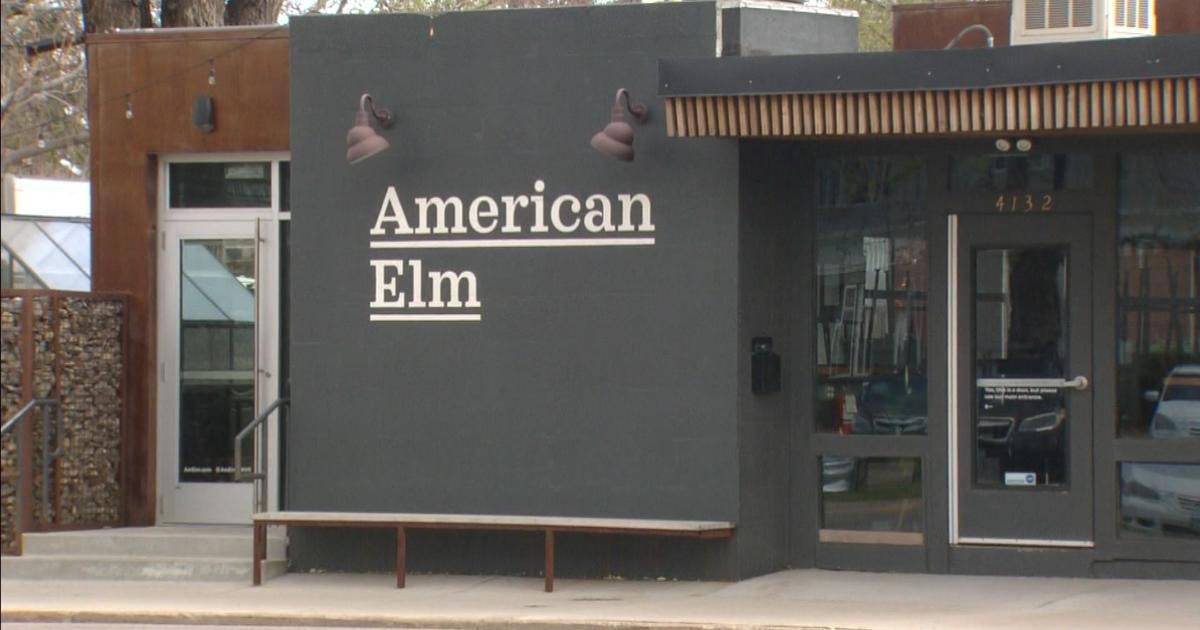Estimated 2,100 New Cases Of Colon Cancer Each Year Among Coloradans
(CBS4)- The U.S. Preventive Services Task Force recently lowered its recommended age to begin screening for colon cancer from 50 to 45. It's the third most common cancer in America, and in Colorado, there are an estimated 2,100 new cases each year.
Dr. Chris Lieu, the Associate Director of Clinical Research at the CU Cancer Center, explained the change stems from an increase in the number of colorectal cancer cases among younger people.
"When you look at the average age of diagnosis in the United States, it's around 68 years of age," Dr. Lieu told CBSN Denver's Kelly Werthmann. "While colorectal cancer has been decreasing in the older populations, and this is due to better screening, prevention and colonoscopies, we know that the younger population where we don't typically screen people or get colonoscopies, the number of cases is actually rising."
Dr. Lieu said the incidents of early age onset for rectal cancer is expected to increase by 140% by the year 2030. All the more reason it's why it's important for younger people to get a colonoscopy.
"The most important thing to remember here is that colorectal cancer is a largely preventable cancer," Dr. Lieu explained. "We know that colorectal cancers develop on the colon and rectum, and when they're left untreated, these polyps have the potential to become cancers. By taking the time to get screening and get a colonoscopy, you can remove these polyps and prevent cancer that would develop in the future. Or, if you already have a diagnosis of cancer, you're much more likely to find it at an earlier stage where it can be surgically removed before it grows or spreads, where the cure rates are much, much lower."
There are also signs and symptoms to look out for, Dr. Lieu said.
"Persistent change in bowel habits - this can be like diarrhea or constipation, any rectal bleeding or finding blood in the stool should be of concern," he explained. "Any persistent abdominal pain and, of course, if you have any unexplained fatigue or weight loss."
These symptoms don't necessarily mean a person has cancer, Dr. Lieu added. In fact, more often than not, they don't.
"We want everybody to discuss the symptoms with their primary care provider and to understand that you're never too young to have colorectal cancer," he said.
The coronavirus pandemic has caused a lot of people to skip seeing their doctors regularly. For those who may be a bit behind in taking care of their health, Dr. Lieu said now is the time to get back on course.
"Now is the time to focus on your health and to make sure that you're meeting with your primary care physician," he said. "And to make sure your screening is up to date. It's never too late. Just because you're a bit behind doesn't mean you can't get right back into it. Get the screening done now because the hospitals are open, tests are being performed and the best time, of course, is always now."





